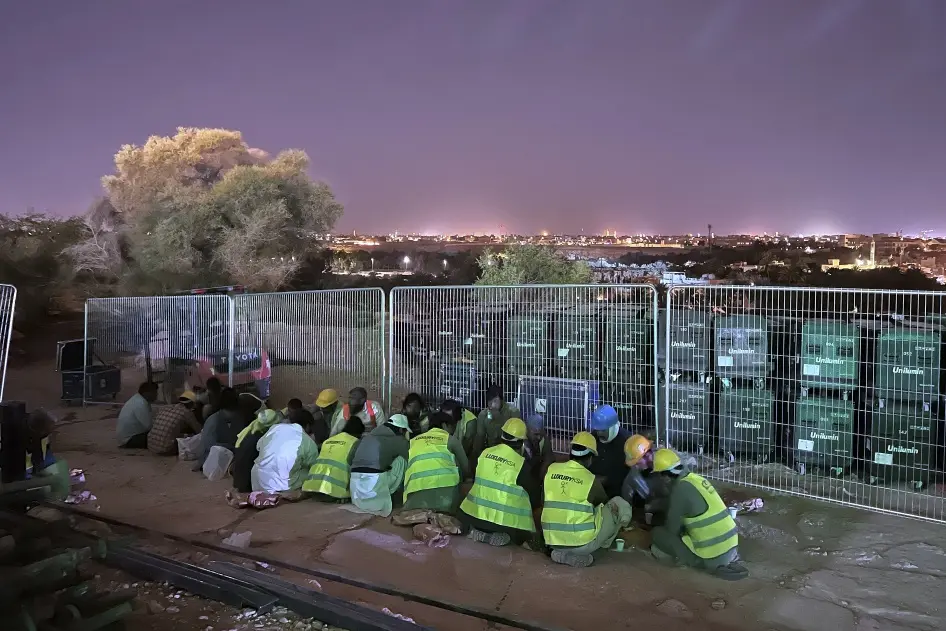The ITUC, the Building and Wood Workers’ International (BWI) and the International Transport Workers’ Federation (ITF) have welcomed the announcement by Qatar on 4 September of new legislation which means migrant workers covered by the Labour Code will not have to seek their employer’s permission to leave the country.
Law No. 13 of 2018 amends provisions of Law No. 21 of 2015 and Law No. 1 of 2017, which regulate the entry and exit of expatriates.
Sharan Burrow, ITUC General Secretary, said, “Today marks a huge step for workers’ rights and the end of the kafala system for migrant workers in Qatar. An estimated 1.5 million workers will now have the freedom to leave Qatar without their employer’s permission with this elimination of a central part of the kafala system of modern slavery, which is still in place in other Gulf countries. Fundamental reforms are underway, and this latest move sets a distinctive example for the region.
“Qatar’s next step is to change the law for domestic workers so that they have the same freedom as all other workers. That up to 5% of migrant workers who will require a ‘no objection certificate’ to leave the country is an interim measure while new systems are put in place. We will monitor the situation of those workers to make sure no exit permits are denied without a proper chance of appeal.”
Ambet Yuson, BWI General Secretary, said, “This is a significant advancement of workers’ human rights in Qatar. Now the next step is for the effective implementation of the new legislation so that it will have definite impact on the ground for migrant workers working in Qatar, many of them in construction. In addition, we will continue to seek changes to ensure that all workers including domestic workers have freedom of movement.”
ITF General Secretary Stephen Cotton said, “Qatar is reforming. Implementing the new law will be a genuinely historic breakthrough for migrant workers, who will no longer be bound by the exit permits, bringing to an end a central feature of the kafala system of modern slavery. For the ITF this means a potential sea change for transport workers and those in aviation, in ports, and in public transport. We are working to build protections for them as workers, recognising international standards and best practice, and will be monitoring any employers who seek to flout these new workers’ rights.”
The International Labour Organization has been working with the State of Qatar on a three-year programme on working conditions and labour rights for migrant workers.
“The ILO welcomes the enactment of Law No. 13, which will have a direct and positive impact on the lives of migrant workers in Qatar. This first step towards full suppression of exit permits is a clear sign of commitment by the Government of Qatar to labour reforms and a key milestone in the process. The ILO will continue to work closely with the government of Qatar on these reforms,” said Houtan Homayounpour, the Head of the ILO Project Office for the State of Qatar.
For more information, please contact the ITUC Press Department on +32 2 224 03 52 or mail to: press@ituc-csi.org






